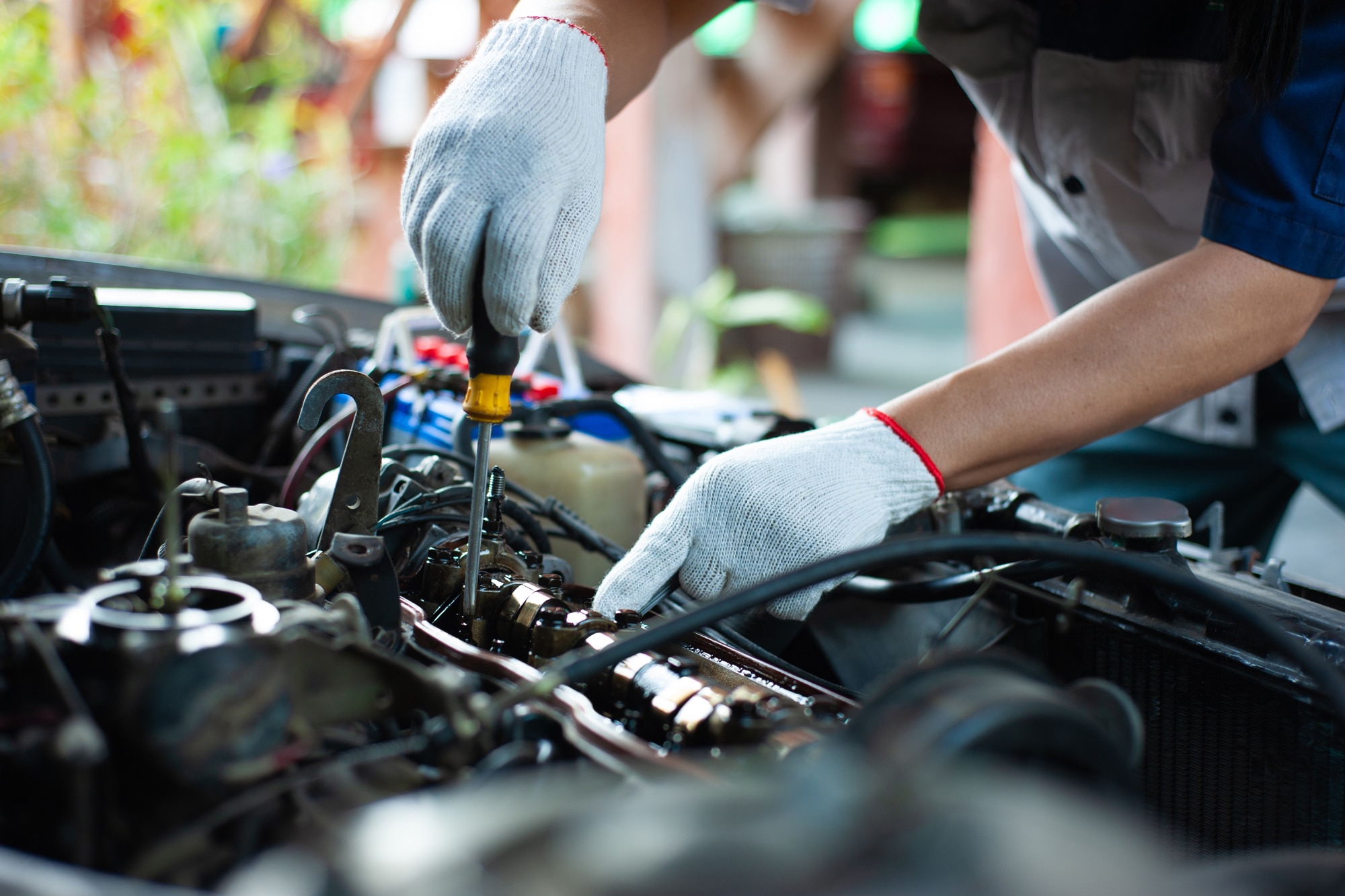What's an Extended Warranty?
 Shutterstock
Shutterstock
An extended warranty covers all or some of the cost of certain repairs after the standard factory warranty expires. It may also cover other items such as dent repair, key replacement, and the like. Extended warranties are primarily intended for buyers who plan to own their car beyond the manufacturer’s warranty. They can be helpful to avoid potentially large out-of-pocket repair costs down the road.
Key questions to ask when considering an extended warranty
Here are some key questions to think about when considering an extended warranty:
- What types of repairs are covered by the warranty?
- How much of the repair cost is covered by the warranty, and how much would you need to pay for each type of repair?
Some policies require a copay like a visit to the doctor’s office. It’s worth finding out if the repairs will be out-of-pocket and then reimbursed, or if the service department bills the warranty company directly.
- How long (measured in years and/or miles) does the coverage last?
Some plans run for a predetermined length of time regardless of mileage (e.g. two years), whereas others expire once the vehicle hits a given mileage limit (after the car reaches 100,000 miles for example).
- Who offers the extended warranty?
Be sure to check the warranty provider’s record of customer service and history of paying out claims.
- Are you able to cancel the extended warranty and receive a refund?
It’s possible. Most policies offer some sort of grace period should you experience buyers’ remorse. Also, if your car is totaled or stolen, you may be entitled to a partial refund.
- Are there any other limits on use?
Some benefits could be capped or no longer available after one use.
Deciding to purchase an extended warranty
You should consider your own financial situation and goals when deciding whether to purchase an extended warranty. For example, you may review the cost of the warranty and whether or not you have enough savings to potentially cover the cost of expensive repairs.
Consider the cost and value of an extended warranty in your negotiation; sometimes you can negotiate the price of the warranty in addition to the purchase price or trade-in value. You don’t have to get a warranty at the dealership, but you won’t be able to finance the warranty as part of your car purchase if you buy it separately.
It pays to do your homework on the car you’re ready to purchase. For example, sites like Dashboard Light can provide you long term reliability data and testimonials from actual car owners.
An extended warranty can be valuable for the right price. If you do buy an extended warranty, it helps to know what you’re buying and whether you’re getting a fair deal.
Written by humans.
Edited by humans.
 Capital One
Capital OneBanking should leave you with the same great feeling you get when you drive casually on a weekend afternoon. And that’s how I feel when writing helpful tips and reviews – passionate about cars and passionate about financing and everything in between when buying a new ride.
Related articles
View more related articles